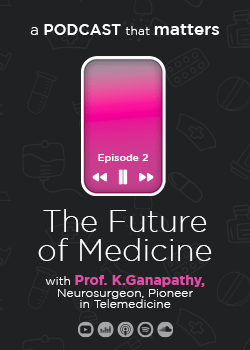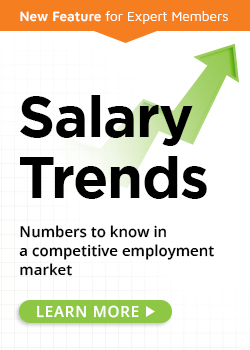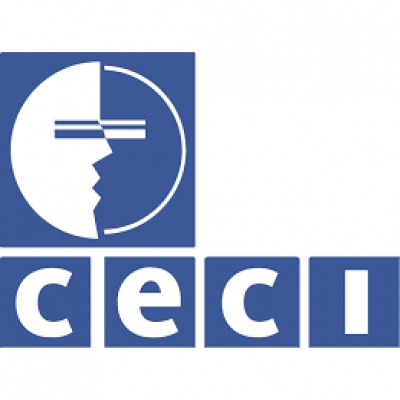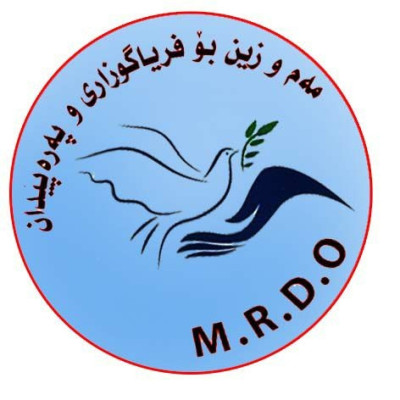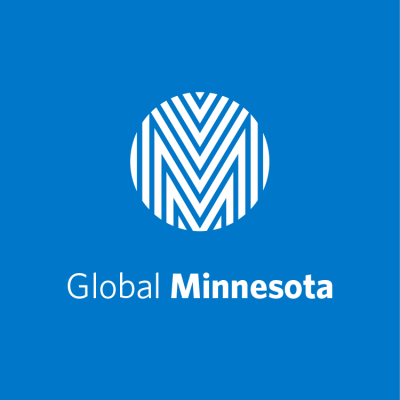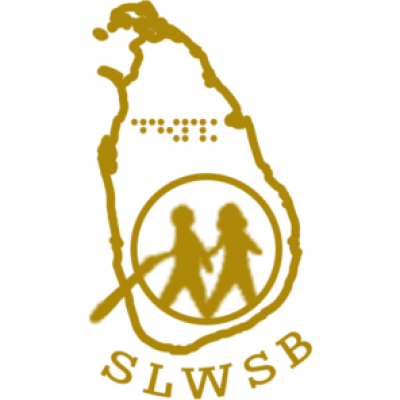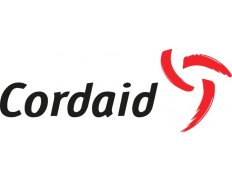
Cordaid Member
Details
About
Cordaid is an internationally operating emergency relief and development organisation, working in and on fragility. http://www.cordaid.org/en
Cordaid was established in the year 2000 when several Dutch aid organisations joined forces. But our history goes back more than a century. One of our predecessors, People in Need, was founded in 1914 to meet the needs of more than one million refugees who fled to the Netherlands during the First World War. 1925 was the birth year of Memisa, another member of the Cordaid family. Memisa quickly became a leading healthcare organisation. As of 2021, ICCO and Cordaid have joined forces. By doing so we have increased our impact in addressing global challenges, defragmented the Dutch development sector, and adapted to the changing needs in international cooperation.
We believe in a world where people can break through barriers of poverty and exclusion, and influence decisions that affect them. A world with an economy not driven by greed and growth, but by inclusivity, social justice, and gender equality. We believe all humans are one family, and see the earth, with all its resources, as our common home.
We operate in the fragile and volatile settings of countries such as South Sudan, Afghanistan, and the Democratic Republic of the Congo. Where communities and governments alike struggle to absorb and mitigate economic, political, and environmental shocks and risks. And where a lot of citizens do not have access to even the most basic services, due to poverty or armed conflict.
We address these causes of fragility. We support local communities, service providers, and frontline aid workers in creating food security, offering health care and education, assuring access to justice, and promoting gender equality. We empower people economically, facilitate jobs, and foster inclusive economic growth.
With professional staff working in the world’s most fragile areas and a longstanding track record, we have the resources, skills, and networks to make positive change happen. Even in the toughest and most desperate of circumstances. We do this by fostering local ownership wherever we work, and by collaborating as much as possible with local organisations, governments, and the private sector. Localising humanitarian assistance and development cooperation – by giving prominence and funding to local responders and professionals – increases the efficiency of interventions and counters power imbalances within the development sector.
Where disasters strike, we offer life-saving humanitarian assistance. For more long-term impact we combine emergency aid with efforts to improve healthcare systems, food security, economic opportunities, peacebuilding and disaster resilience.
We have emerged from the Christian social traditions and we are a founding member of Caritas Internationalis, the worldwide network of Catholic relief organisations, and CIDSE, an umbrella organisation for Catholic development agencies from Europe and North America. We are also a member of the ACT Alliance, a global faith-based coalition organised in national and regional forums operating in more than 120 countries. The values of human dignity, justice, compassion, and care for the planet guide us in our work. They inspire us to reach out to the poor and the excluded, regardless of race and religion. Faith, for us, is a force that connects and binds people of all backgrounds. The universal value of compassion is embraced by all religions and beliefs. More than ever, this is a source of solidarity that can bridge divides.
Awards
Top partners

Top competitors


